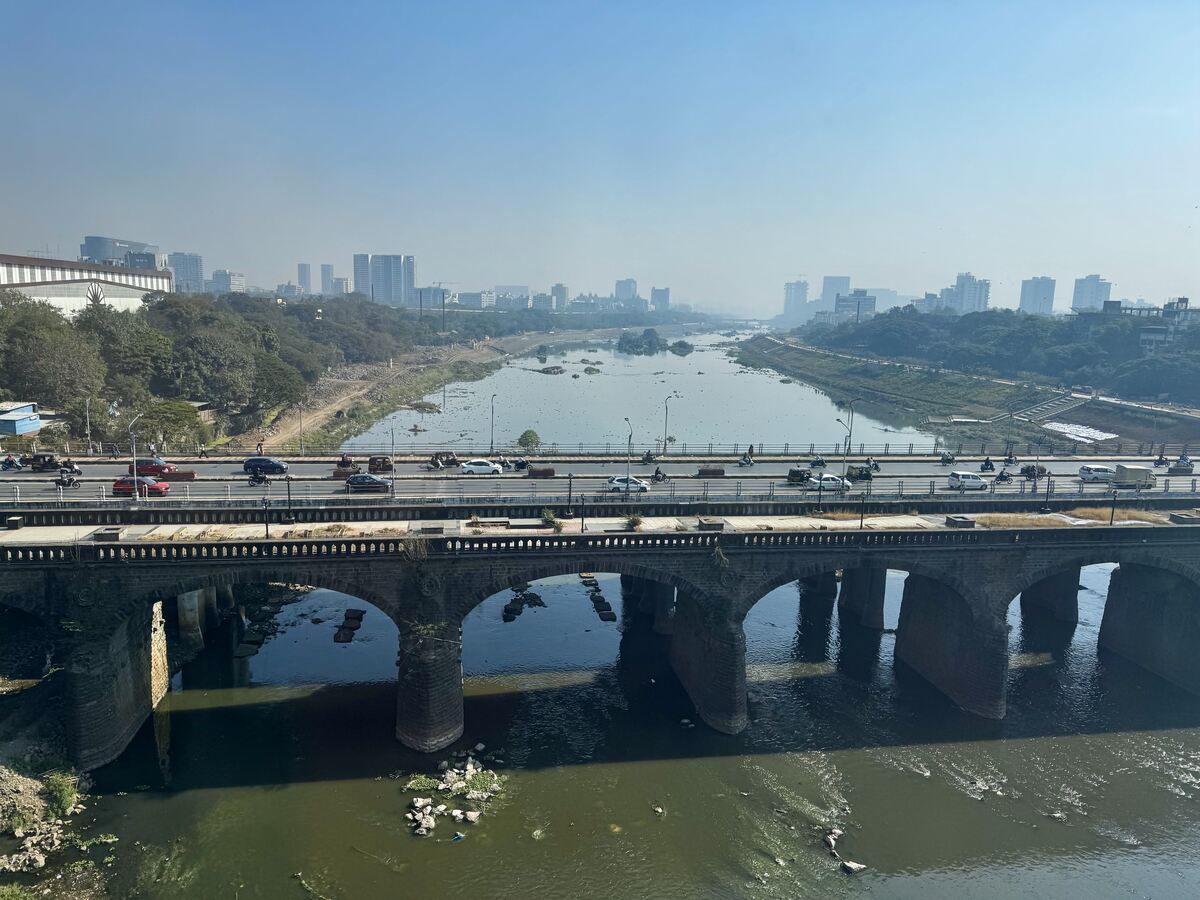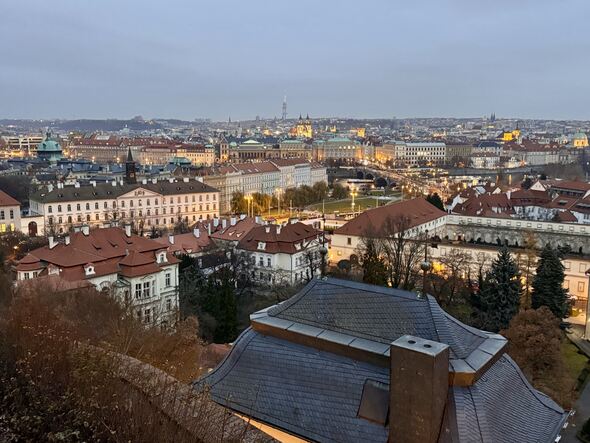There's a peculiar magic in the days leading up to a trip home. The anticipation builds like a crescendo – visions of mouth-watering home-cooked meals, warm embraces from family and friends, and that indefinable feeling of returning to your roots. You mentally prepare for the long-haul flight, knowing that the reward at the end will be worth every cramped hour in economy class.
And initially, it is. The familiar warmth of the sun on your skin, the organized chaos of the streets, the symphony of sounds that once formed the backdrop of your life – it all hits you with a wave of nostalgia. For those first few days, everything seems bathed in a golden light of homecoming.
But this year was different. This year, I saw my homeland through the eyes of my six-and-a-half-year-old son.
We've been making these annual pilgrimages for the past three years, but children have this uncanny ability to grow not just in size but in perception. My son, raised in the orderly streets of Prague, now views our homeland with a clarity that strips away my rose-tinted glasses. Standing at a chaotic intersection the other day, his small hand clutched tightly in mine, he voiced what I had learned to ignore: "Why are the vehicles coming on the footpath? Why is there so much noise?"
His questions pierced through years of learned acceptance. What could I say except the parent's universal mantra of "Hold my hand tight" and "Be careful"? It was a stark reminder that what we adults have normalized through years of exposure appears startlingly dysfunctional through a child's unfiltered lens.
Reflecting on my own childhood here, I realize that while these issues existed then, they've multiplied exponentially. The traffic is more anarchic, the pollution more suffocating, the chaos more encompassing. We who return occasionally have developed a selective blindness – we filter out the congestion, tune out the cacophony, accept the unacceptable simply because this place once was home.
This realization brings me to the crossroads every expatriate parent faces: how do we balance our children's connection to their heritage with their right to a better quality of life? Stay too long, and they might never adapt to the raw energy and challenges of our homeland. But return now, and what kind of future awaits them in a place where even the simple act of crossing a street becomes an adventure in survival?
The irony isn't lost on me – that the very experiences I once considered normal, even character-building, now fill me with concern for my child. Perhaps this is the ultimate transformation of the immigrant parent: when your definition of "home" becomes less about where you came from and more about where your children can thrive.
As we continue our stay, I find myself caught between nostalgia and reality, between preserving cultural roots and ensuring a better future. The taste of homecoming, once purely sweet, now carries a complexity that only parenthood could bring. It's a reminder that while we can't choose where we're from, we can choose what we pass on to the next generation – and sometimes, that means viewing our beloved homeland through their fresh, uncompromising eyes.





